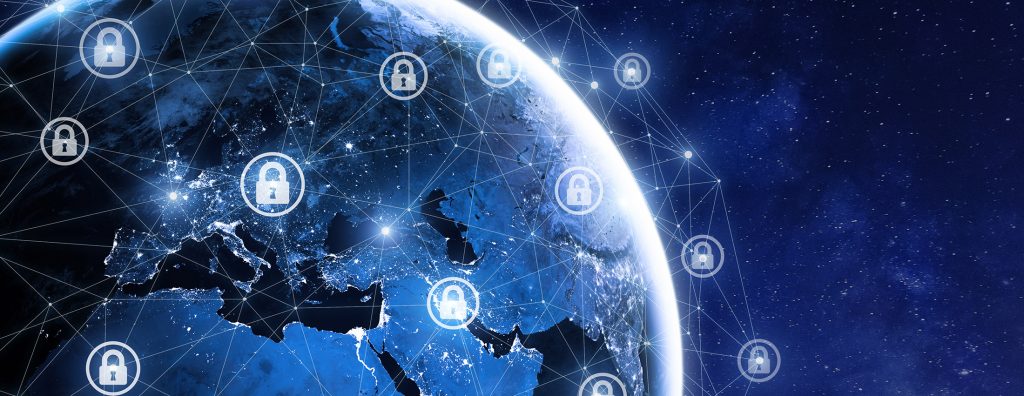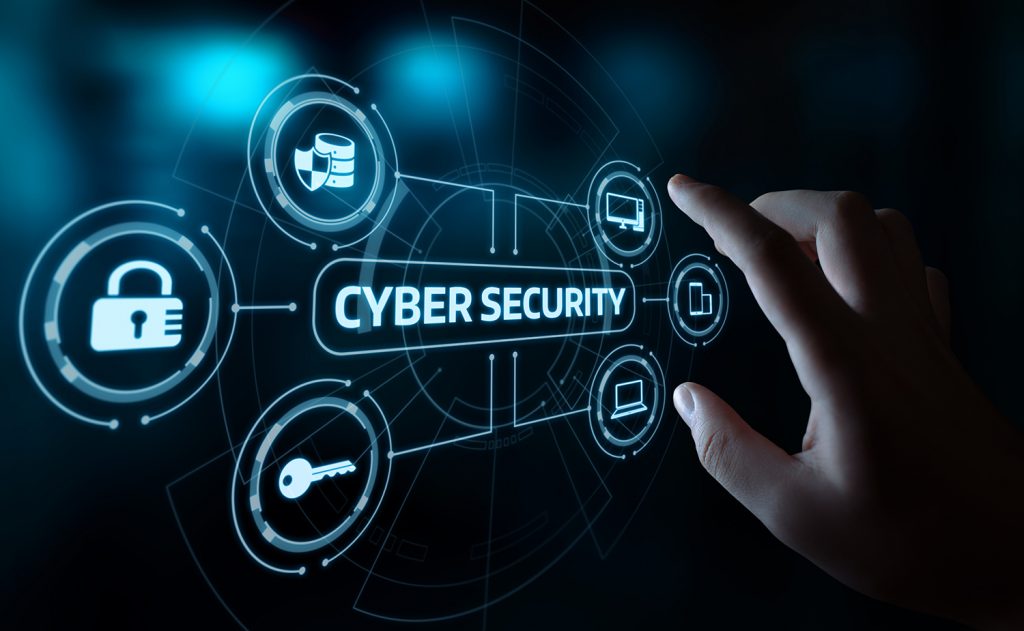 In today’s digital landscape, data breaches are an unfortunate reality that organizations must confront. With cyber threats evolving and becoming more sophisticated, the importance of robust data protection strategies has never been greater. A data breach can pose significant risks to sensitive information, but they also threaten the trust that consumers place in brands. How do organizations navigate this complex terrain?
In today’s digital landscape, data breaches are an unfortunate reality that organizations must confront. With cyber threats evolving and becoming more sophisticated, the importance of robust data protection strategies has never been greater. A data breach can pose significant risks to sensitive information, but they also threaten the trust that consumers place in brands. How do organizations navigate this complex terrain?
This Q&A with Syracuse University’s cybersecurity expert, Stephen Wallace, explores the multifaceted approaches organizations can use to prepare for potential data breaches and maintaining consumer trust. Uncover the strategies that help businesses safeguard their data and uphold their reputation in an increasingly connected world.
Interested in a career in cybersecurity? Check out the College of Professional Studies Bachelor of Professional Studies and Credit Certificate in cybersecurity administration!
Preparing for a Data Breach
What processes can organizations use to identify and assess potential vulnerabilities in their data security?
Organizations should consider a multifaceted approach to identify and assess potential vulnerabilities in their information security environment. One of the primary methods an organization uses to assess their risk is a security audit.
A security audit is a systematic examination of an organization’s information systems. This includes network infrastructure, software applications, and data storage solutions. By conducting an audit, organizations can pinpoint gaps and weaknesses in their security processes and procedures.
A vulnerability assessment is a crucial component of an audit. Organizations can use automated or manual techniques to scan for flaws vulnerable to an attack.
Additionally, penetration testing, or ethical hacking, can simulate cyberattacks to help organizations evaluate the effectiveness of their existing security measures. Finally, organizations should consider implementing a governance framework to help them identify and mitigate risks.
What types of training should employees receive to recognize and respond to potential data breaches?
In today’s cybersecurity landscape, employee training is critical to an organizations ability to recognize, respond to, and prevent data breaches.
Organizations can start educating their workforce on basic cyber hygiene practices. For example, foundational techniques can help organizations mitigate common vulnerabilities that cyber attackers will often attempt to exploit.
Cybersecurity has become a mission critical function inside all companies both large and small. Syracuse University has been designated, by the National Security Agency, as a National Center of Academic Excellence in Cyber Defense (CAE-CD) through academic year 2028.
The College of Professional Studies offers a B.P.S. and Credit Certificate in cybersecurity administration, which will teach students about the cybersecurity tools, techniques and best practices.

Responding to a Data Breach
What measures should be in place for data recovery after a breach occurs?
Organizations should consider developing an incidence response plan and be ready to deploy it if necessary. This plan assigns roles and responsibilities, establishes communication plans, and tailors specific actions for different breach scenarios.
Regular data backups are also critical in this scenario. It is a good idea to regularly test these backups, ensuring that in a crisis, data can be restored swiftly and accurately.
How can organizations analyze and learn from past breaches to improve future preparedness?
If an organization experiences a data breach, resolving the immediate crisis is the top priority, but they should not stop there. Once things have stabilized, the leadership team should meet with cybersecurity experts and conduct a comprehensive post-incident review. It can be helpful to examine systems logs and system behaviors, to understand the tactics, techniques, and procedures (TTPs) used in the attack.
Moreover, lessons learned from this analysis can be a source of useful information on an organization’s vulnerabilities. These lessons should lead to updated policies, enhanced training, and fortified defenses.

Maintaining Consumer Trust After a Data Breach
How important is transparency in maintaining consumer trust during and after a data breach?
If a breach were to occur, the leadership team needs to understand that their initial steps will be crucial to maintaining consumer trust. Organizations should prioritize transparency, by immediately informing their customers about the breach using clear, honest communication. Customers feel reassured when the company engages in open dialogue, showing its commitment to addressing the issue head-on.
As the situation unfolds, the company should continue to provide regular updates, sharing their progress in securing the system and preventing future breaches. This approach can not only help to manage the immediate fallout, but it can also help build a foundation of trust.
Customers appreciate a company’s candor. The more a company communicates, the more likely it is that customers will remain loyal. Most customers understanding that breaches can happen to any organization and will value a company’s integrity if the company responds well.
How can a customer’s perceptions of the company change after a data breach?
As outlined above, in the aftermath of a breach, customers closely watch how the company handles the situation. If the company is transparent, communicative, and takes swift action to address the breach and enhance security, the customer’s initial anger may transform into a cautious appreciation for the company’s integrity and responsibility.
However, if the company is evasive, slow to respond, or downplays the breach’s severity, the customer’s perception can sour quickly, leading to a loss of trust and a potential shift to a competitor.
Just remember, a breach can quickly become an organizations defining moment.

 On December 6, 2022, the
On December 6, 2022, the